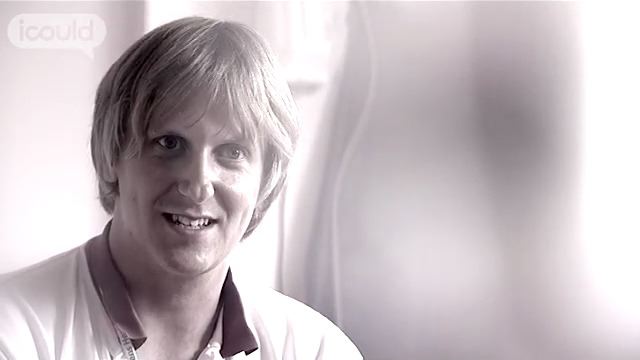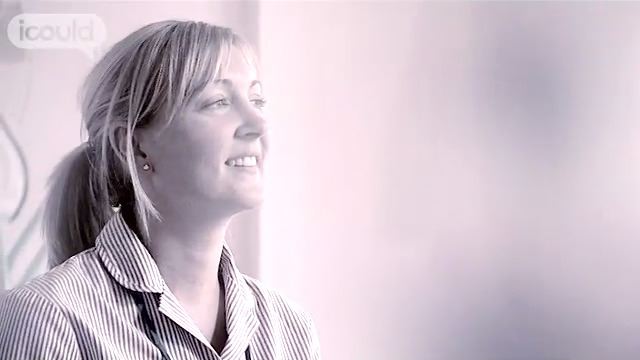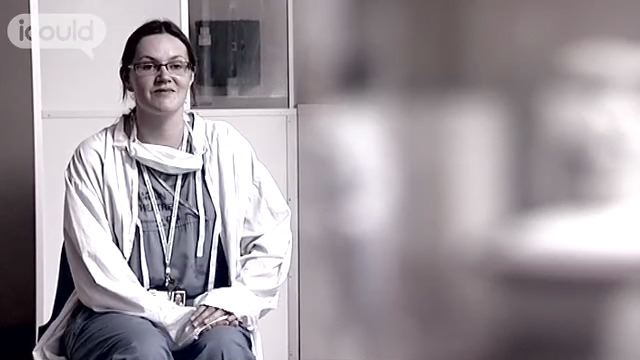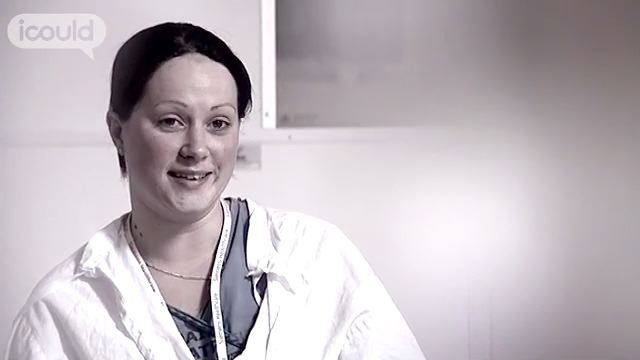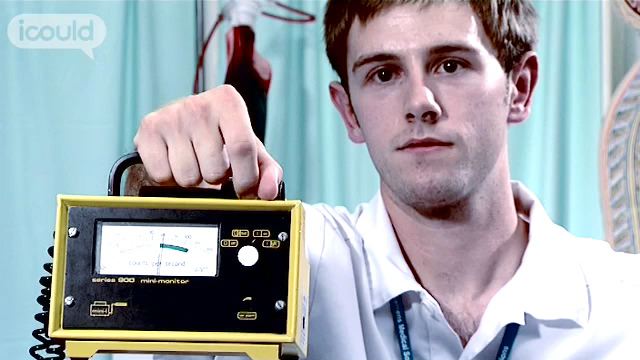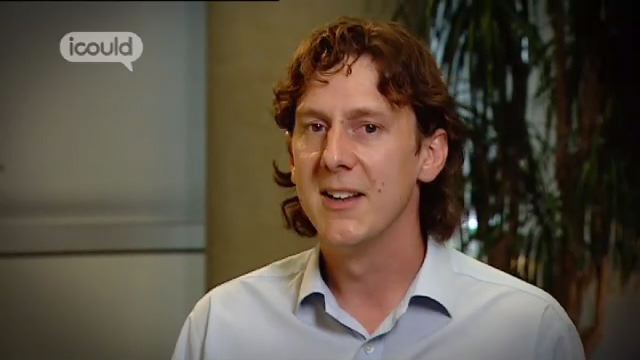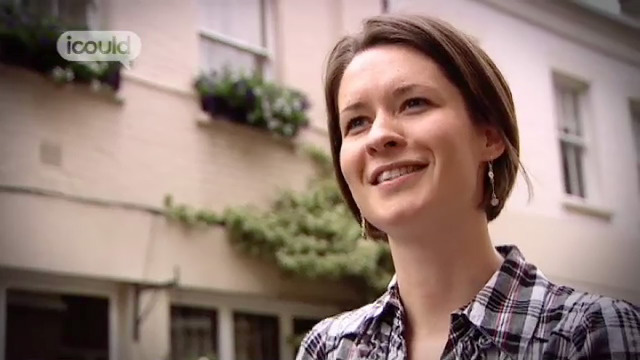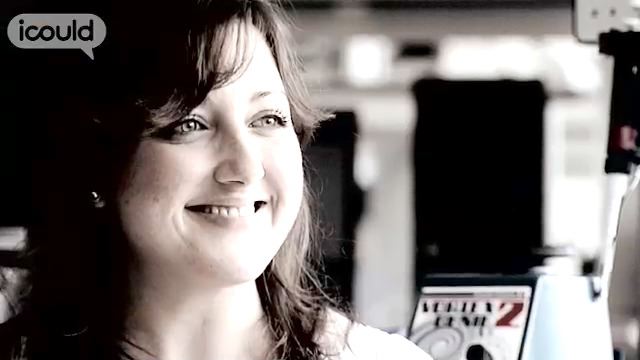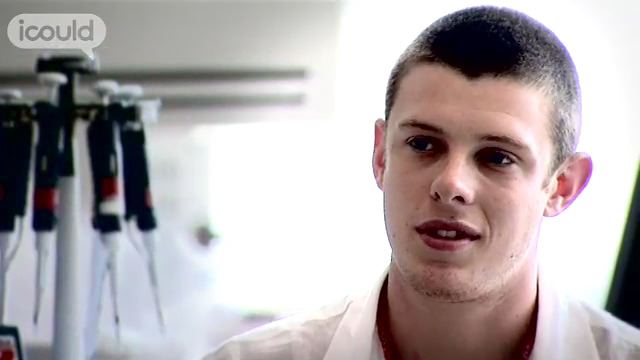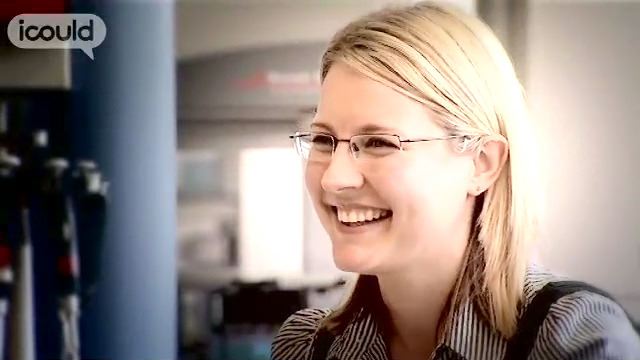Nuclear Medicine Technologist
Addenbrookes Hospital
Daniel G
00:00:01 My name is Daniel G and my job title is Nuclear Medicine Technologist. It involves imaging patients using radioactive material. We administer the patient with a radioactive pharmaceutical, and then we take pictures of the radioactivity and where it’s gone.
00:00:19 When I was at Sixth Form I was unsure of what I wanted to do. I did want to go to University, but I felt like I couldn’t afford to. Marshalls in Cambridge is – has an airport, and I went through their recruitment services to become an Aerospace Engineer. So I’d be like fixing different parts of planes. I started doing it and it really wasn’t for me – I knew almost straight away. I thought when I started that it would be a very sort of like problem-solving job, but really what it was, was you were told what to do, and then you had to make the part and fix it. I always thought I could use – use my brain a bit more than I was going to at that place.
00:01:03 Did something quite simple for a year, was a delivery driver. My Dad’s a mechanic so he was extremely impressed that I’d got an engineering job, and for me to kind of jack that in to become a delivery driver, he was less than impressed, I’ll be honest. I felt quite low about myself because I’d gone from thinking I could go to University, thinking I could become an Engineer, to then just being a delivery driver. And I felt like I could do more so I really wanted to push myself. I started a short course in the Open University, and I think that demonstrated to my current employers that I could do the studying outside of work. You know, all the time I was looking for a new job, like the engineering job but more me. So I just happened to look back over what I’d been doing at Sixth Form, and found nuclear medicine job, trainee, on the Addenbrookes website. The course said that you would do four years training and you’d get a degree alongside it, and I really – that was something I really wanted to do.
00:01:50 So I applied, not really believing that I would get it, thought it was a bit of a long shot, went to the interview, and then got offered the job a week later. It made me feel extremely proud of myself and yeah, I’m pleased that I’d be doing something that was worthwhile. My biggest regret is not doing better in my GCSEs and A-Levels. I really think I could have done better. Now, with my degree, I’m doing quite well, and that’s because I’m really applying myself, I find it interesting, and I really think I could have done better on both my GCSEs and my A levels.
00:02:31 To be honest with you I can’t remember my first day. It was just – there was so much going on, so much information to take in, and I think the first week was probably a blur, with the prospect of doing four years of this, you know, this quite intense course, and all these new things I had to learn, and yeah, I can’t really remember the first couple of weeks. The learning curve’s quite steep, but once you get going, you know, then you begin to get a base, you learn more – more as you go along.
00:03:00 Yeah I think definitely got myself on the right path. I’ve got another year to go on my degree and my professional qualifications. And once I’ve done that I can register and I can become a – what we call a Senior Technologist, someone that’s experienced at what they do. The most important thing about work to me is to do something worthwhile, to help people, and to use your brain, you know, challenge yourself.
00:03:26 ENDS
Brave enough to move from a job that didn’t interest or challenge him, Daniel is now fulfilling a dream by completing a 4 year degree in nuclear medicine technology. Completing a short course with the open university proved to his employers, the NHS , that he could combine work and study. He appreciates the chance to solve problems and make a difference to peoples’ lives.
